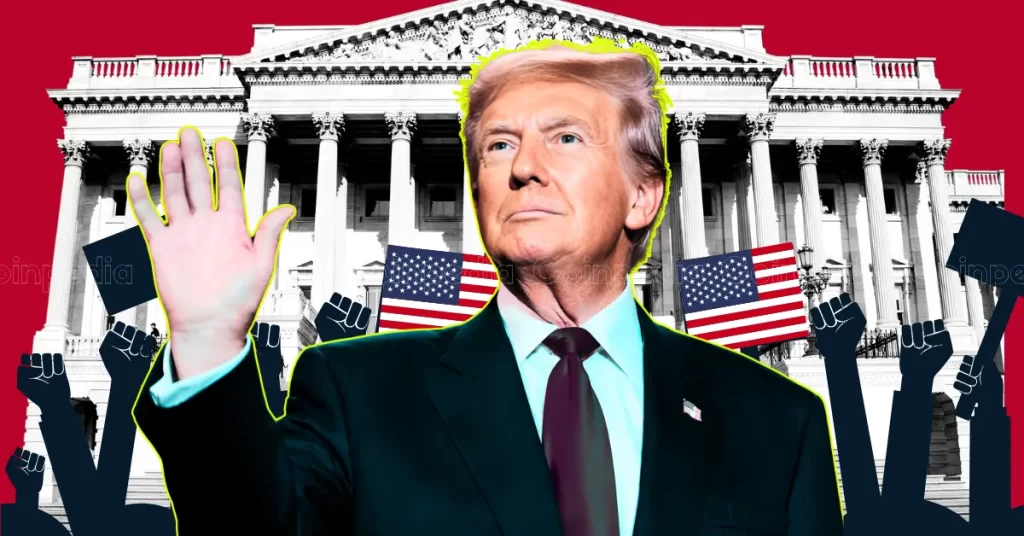Yemen, a country long ravaged by civil war and economic instability, has witnessed cryptocurrencies—once dismissed as speculative tools—quietly becoming essential lifelines. A new report by blockchain intelligence firm TRM Labs reveals a surge in decentralized finance (DeFi) usage among Yemen citizens, particularly in the wake of U.S. sanctions targeting the Houthi group, a faction now officially relisted as a terrorist organization by the U.S. government. Yemen People Turn to DeFi for Financial Survival Historically, Yemen’s crypto adoption has been hampered by unreliable internet infrastructure and limited digital literacy. But that is changing. TRM Labs notes a shift driven not by hype or FOMO, but by urgent necessity. “The ability to bypass the disruption in local financial services offers a modicum of financial resilience,” the report states, highlighting the increasingly vital role that crypto is playing in the daily lives of Yemenis. With many banks inoperable or inaccessible due to the ongoing conflict, DeFi platforms have emerged as the most visited crypto-related services in the region, accounting for over 63% of observed activity. Centralized exchanges, by comparison, make up just 18% of the traffic. The rest comes from peer-to-peer (P2P) transactions, often used for cross-border remittances or moving funds away from surveillance. How U.S. Policies May Be Fueling Crypto Uptake The link between geopolitical action and digital financial behavior is particularly evident in Yemen. Following the Biden administration’s decision in January 2024 to relist the Houthis as a Specially Designated Global Terrorist group, a local Yemen-based crypto exchange saw its volume skyrocket by 270%. Though the spike eventually cooled, another significant 223% increase followed after Donald Trump was re-elected and reaffirmed the Houthi group’s terror designation. While the majority of Yemen crypto users appear to be everyday citizens seeking access to stable financial tools, TRM Labs warns that more sophisticated usage could be on the horizon. As sanctions tighten and international banking routes close, the Houthis and their backers—such as Iran—could increasingly turn to crypto for funding. In a region where financial access is fractured, and traditional banking channels are either failing or restricted, decentralized finance is emerging not just as a workaround—but as a necessity. The post DeFi Adoption Rises in Sanction-Hit Yemen, Crypto as a Lifeline? appeared first on TheCoinrise.com .


















